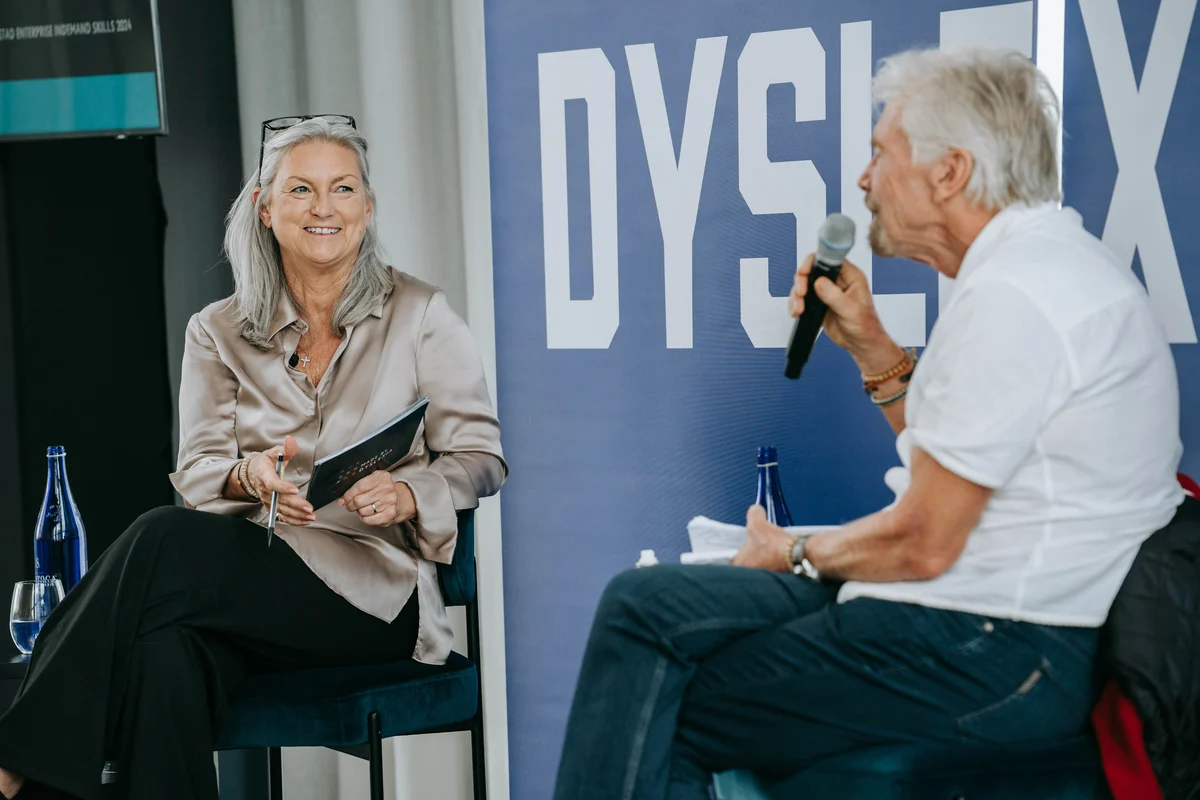By Rachael Burford
Copyright standard

Britain’s economy could be losing nearly £69 billion a year by failing to harness the potential of people with dyslexia, charities and business leaders have warned.
Sir Richard Branson and Soho House founder Nick Jones are among the entrepreneurs highlighting new research released to mark Global Dyslexia Awareness Day on Wednesday.
The report, by leading charity Made By Dyslexia and talent organisation Randstad Enterprise, estimates that empowering people with the condition could boost the “Dyslexic Thinking” contribution to the UK economy from £29.5 billion to £98.2 billion.
Around one in five people are dyslexic and they often excel in creative thinking, problem-solving, communication and big-picture analysis but struggle with reading and spelling.
The charity argues these strengths are increasingly vital in a world of artificial intelligence, where human creativity and innovation are key advantages.
Despite Dyslexic Thinking being recognised as a professional skill on LinkedIn and among sought after abilities in workplaces worldwide, the report finds that only 30% of dyslexic employees feel empowered in their roles.
The Return on Dyslexic Thinking report describes its findings as “groundbreaking”, highlighting that failing to embrace talent is costing the global economy an estimated $3.2 trillion.
It has started a campaign with the tagline “The Trillion Dollar Question, can we afford not to empower Dyslexic Thinking?” and posters and billboards with the slogan have appeared in locations across London
Organisations that recognise and develop dyslexic talents are likely to see higher growth, according to the research.
The charity said that enabling people to “lean into their strengths” could provide businesses with a significant competitive advantage.
Prominent business leaders have endorsed the findings.
Sir Richard, who co-founded Virgin Group, said: “I’ve long known the value of Dyslexic Thinking in dreaming big and growing ideas into successful businesses. But for the first time, the economic value of Dyslexic Thinking to the world is clear. Dyslexics are set to play a vital role in driving innovation in the AI age.”
Mr Jones, the founder of private members club Soho House, said: “Having dyslexia makes you look at things differently, which in turn gives you an advantage in everything that you do.”
Anne Keast-Butler, Director at GCHQ, added: “In the age of innovation, we need a rich mix of minds – different backgrounds, perspectives and ways of thinking – if we’re to solve the complex problems we face.”